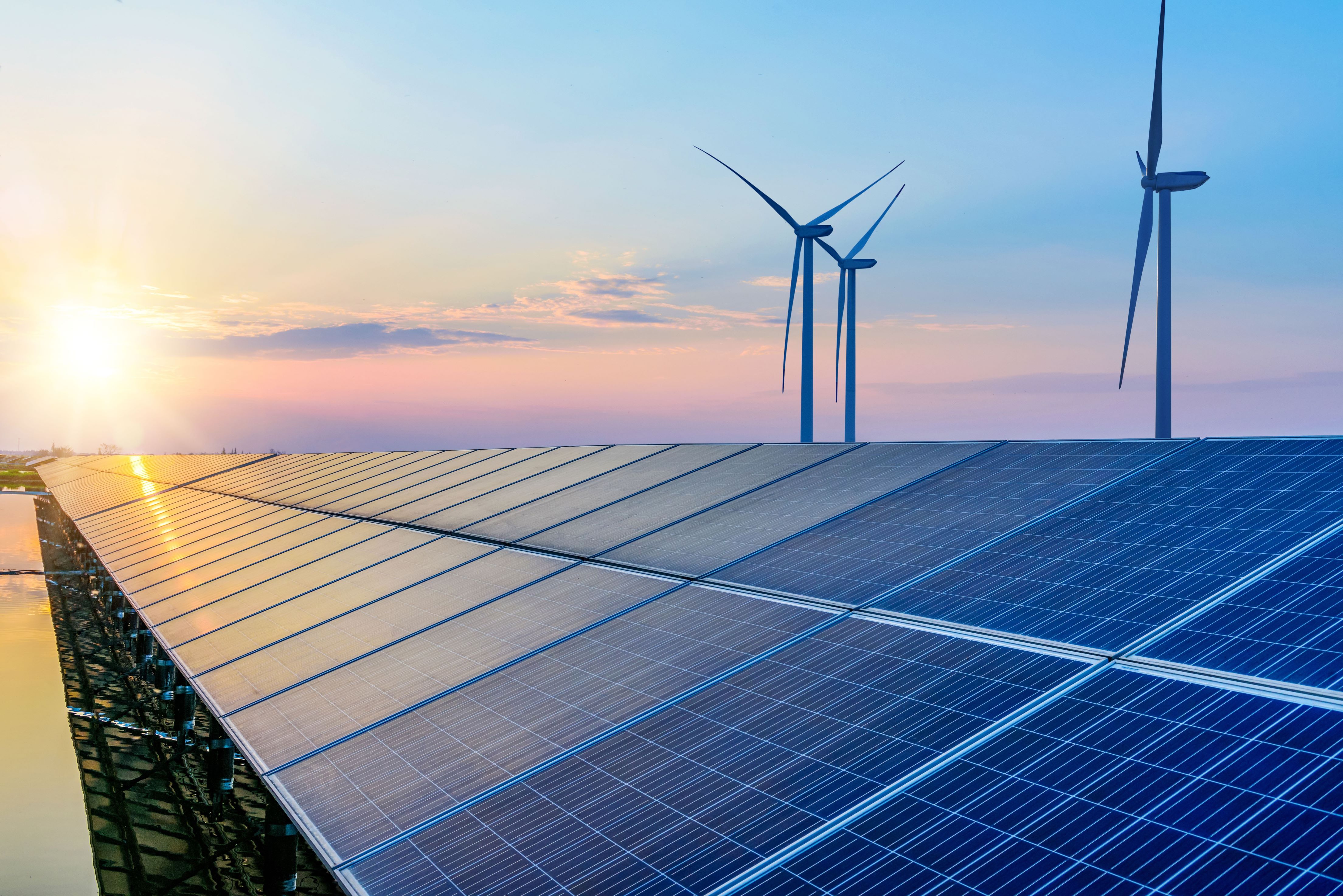
For just under 2 weeks, between 30th November and 13th December 2023, over 97,000 delegates from across the globe convened in Dubai at the COP28 conference to discuss a range of key climate topics.
The Loss and Damage Fund, which was agreed at COP27, has been under much scrutiny as there has been little progress towards launching the fund and distributing the money. The concept being that richer countries are helping others to strengthen resilience to the effects of climate change. Moving forward, several nations have now committed to providing voluntary economic aid, and by the end of the conference, approximately $700 million had been pledged.
It will be interesting to see over the next year and beyond, how effective the amount pledged for this fund will be. Some critics felt that the pledge was too small and claimed that it would only cover 0.2% of what is required to compensate the nations impacted by climate change.
Climate finance took centre stage at the conference with the Green Climate Fund (GCF) receiving a $12.8 boost from 31 countries with further contributions expected. The UK announced a further £1.5 million to fund renewable energy projects, green innovation and prevent deforestation.
There was a lot of pressure on the conference to either “phase out” or “phase down” global fossil fuel usage as part of the energy transition. Countries agreed on the need to "transition away from fossil fuels in energy systems", and the second draft of the Global Stocktake claimed: “The countries will contribute…to transitioning away from fossil fuels in energy systems in a just, orderly and equitable manner.” This was clearly a positive step but does not call for a complete phase-out of fossil fuels which may mean global warming targets cannot be kept in reach.
The agreement includes global targets to triple the capacity of renewable energy such as wind and solar power, and to double the rate of energy efficiency improvements, by 2030. It also calls on countries to accelerate low- and zero-emission technologies such as carbon capture and storage.
At the conference, around 100 countries pledged to treble their use of renewable energy by 2030 with 22 countries signing a declaration to triple the use of nuclear power by 2050.
Significant emphasis was placed on the impacts of climate change on people’s health with worrying statistics reported at the conference regarding the various impacts that climate change can have on people’s wellbeing. A study from the Overseas Development Institute (ODI) states that there have been almost 4,000 lives lost due to climate change fuelled by extreme weather events, in the last 20 years. In response to these statistics, 123 countries signed the first-ever Declaration on Climate and Health. In this declaration, the signatories committed to several aims designed to highlight the link between climate change and health and ‘transform health systems to be more climate resilient.’
With targets in place to reduce fossil fuel usage by 2050, it certainly cannot be said that COP28 succeeded in accelerating the energy transition, but the positive news is that it has been officially recognised that we need to take real steps towards moving away from fossil fuels.
Whether COP28 will make any difference is questionable, its success will be determined by the changes the world puts into practice in the years ahead. “Whilst we didn’t turn the page on the fossil fuel era in Dubai, this outcome is the beginning of the end,” said UN Climate Change Executive Secretary Simon Stiell in his closing speech. “Now all governments and businesses need to turn these pledges into real-economy outcomes, without delay.”
The next two years will be critical. At COP29, governments must establish a new climate finance goal, reflecting the scale and urgency of the climate challenge and at COP30, they must come prepared with new nationally determined contributions that are economy-wide, cover all greenhouse gases and are fully aligned with the 1.5°C temperature limit.
Philip Chapman, our Sustainability Adviser and part of our Green Energy & Sustainability Team, said, “COP28 was the first time we have heard that we will ‘transition away; from fossil fuels”, a use of language which has been 30 years in the making. This highlights the importance and value of the work Fisher German does in supporting clients with renewable energy projects. Globally, renewable energy technology is more readily available in the market than ever before and the plan to triple renewables by 2030 is a positive sign for everyone.”
Philip added: “Plans to double the rate of energy efficiency improvements by 2030 gives powerful momentum to the transition away from fossil fuels and ties in with our Delivering Net Zero service. From our client’s perspective, the impact of global approaches to climate change we are seeing can mean significant implications for those seeking to incorporate renewable energy into their Environmental, Social and Governance (ESG) strategies. The findings and agreements at COP28 are encouraging and provide us with a positive, continued global commitment to addressing climate change and enhancing the attractiveness of renewable energy investments.
“This could result in a more supportive regulatory environment, increased incentives, and improved market conditions for renewable projects. We are well placed to support and advise our clients on their journey away from fossil fuels towards energy efficiency measures and forms of renewable energy.”
Click here to find out more about our Delivering Net Zero and our Green Energy & Sustainability consultancy services.





